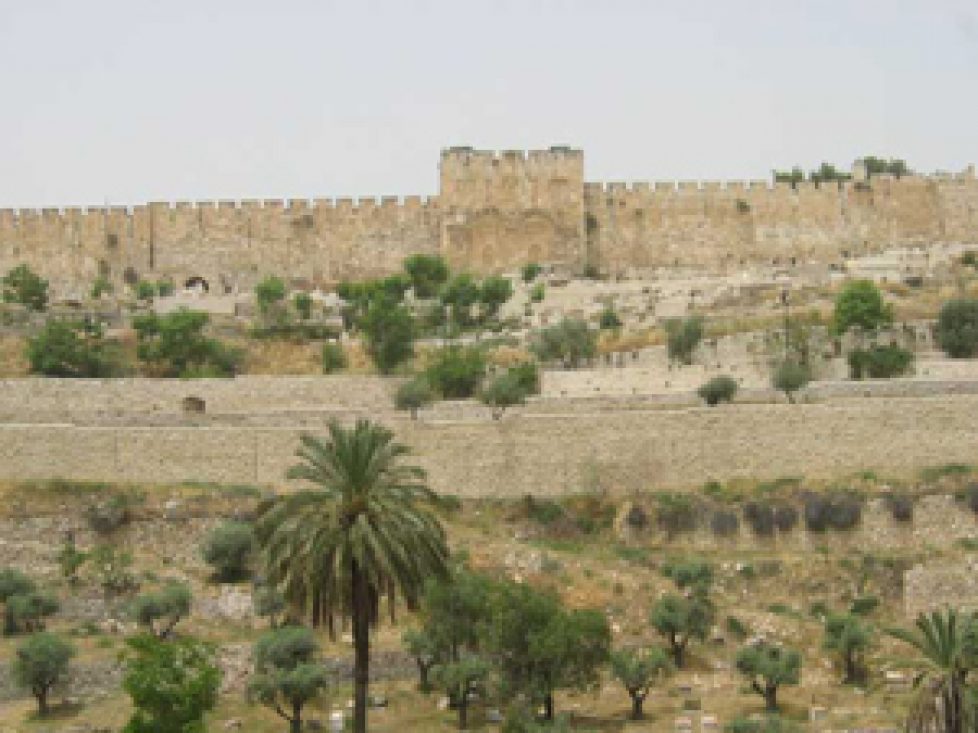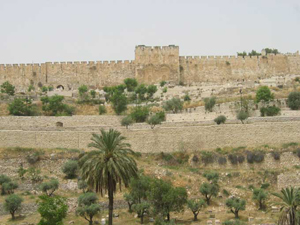
 Excerpts and selected readings from Zohara’s new book
Excerpts and selected readings from Zohara’s new book
Kabbalistic Teachings of the Female Prophets
The Seven Holy Women of Israel
Inner Traditions Intl, Spring/Summer 2008
Prophecy and the Prophetesses: The History of Prophecy in Judaism
The lives and teachings of the women of prophecy, the seven Prophetesses of Israel, are rooted in the art and practice of prophecy itself. According to the classical Jewish writings, prophecy has played an important role in Judaism historically as a tool for divine revelation and communal guidance. A person can experience prophecy as a result of great effort and preparation or by divine selection alone. Prophecy is given to a person or a group of people only if their generation is deserving of such revelation.
While it is traditionally said that prophecy left the Jewish people with the destruction of the Second Temple in 70 CE, texts attest to the fact that certain levels of prophecy, such as the Ruach HaKodesh, a gift of the Holy Spirit, “… is attainable by any person, at any time or place as long as the person makes himself worthy of it.” Many sources suggest that prophecy was a counterbalance to idolatry and that when idolatry ceased, so too did prophecy.
Another opinion is that while prophecy of the level during which the Temple stood ceased after 70 CE, prophecy has never left the Jewish people. “Any Torah leader whose works have been accepted by all of Israel, is assumed to have been divinely guided.” Prophetic insight, demonstrated through the intellect and soul of a scholar or person living a devoted Torah-directed life continues. According to R. Moses Ben Maimon, (Maimonides or The Rambam, 1135-1204 CE), with the exception of Isaiah, every Jewish Prophet in the Bible received his gift through his predecessors, and are part of a long unbroken chain of prophecy.

In his The Guide of the Perplexed, the Rambam explains that God grants the gift of prophecy only for the sake of his people. Even if an individual is worthy, prophecy will not be obtained unless his or her generation is also worthy. The Rambam writes that a Prophet must obtain his first prophecy in Israel before obtaining a vision in other lands, and then, only if it is absolutely necessary for the sake of Israel. Three of the seven Prophetesses: Sarah, Miriam and Esther all received their prophecies outside the land of Eretz Yisroel for the sake of the entire People of the Book.